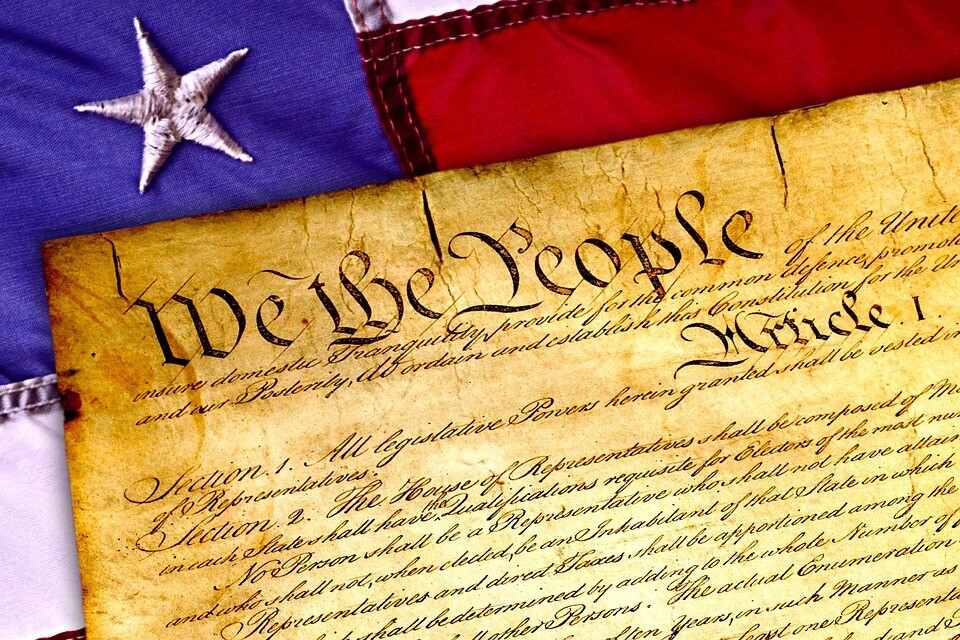
Viewpoint Discrimination on Facebook Page—First Amendment Considerations
Facebook usage is ubiquitous; no matter who you are-an individual, a business, or a government official-the far reach of the social media giant is undeniable.
Facebook appeals to many for its ability to reach people, and several Facebook products are available that benefit both individuals and organizations. Facebook's "Pages" is a product intended for use by organizations but ultimately managed by individuals. It was just such a Facebook Page that garnered attention in the 2019 Fourth Circuit decision Davison v. Randall. The case provides illumination as to whether an intangible Facebook Page can constitute a "public forum" for purposes of First Amendment analysis. The case also examines the conditions under which banning someone from such a page might constitute actionable viewpoint discrimination.

Effect of Rule 65.1 Amendment for Litigants
Amendments to the Federal Rules of Civil Procedure went into effect on December 1, 2018. Federal Rule of Civil Procedure 65.1 (FRCP 65.1), which governs proceedings against security providers, was among the rules amended. The Rule formerly provided for proceedings against sureties, but the new Rule recognizes that a party may wish to provide security by some method other than a bond and allows direct proceedings against any "security provider." The amended rule additionally provides for service on security providers by means other than the U.S. Mail. Let's explore the potential effect of Rule 65.1 amendment on entities involved in federal court litigation.

When Does Lawful Pursuit Turn Into Reckless Disregard?
On occasion, police are faced with pursuing a fleeing vehicle. When the pursuit results in an injury or, worse yet, a death, you can bet that the officer, the law enforcement agency, and the local government could be sued for reckless disregard for the safety of others. In Endicott v. City of Oak Hill, No. 17-0765 (W. Va. Nov. 2, 2018), the appellate court reviewed the analysis required to establish reckless disregard and found no question of fact: that the facts presented did not demonstrate reckless disregard.

Estate Taxes in WV: Filing a Final Estate Tax Return and Other Responsibilities
The period following the death of a family member or loved one is an emotional, stressful time. In West Virginia (WV)-and other states-the executor of the deceased's estate shoulders the additional burden of fiscal responsibilities, such as filing a final estate income tax return and sometimes estate tax returns. For anyone facing these responsibilities, it is important to learn about estate taxes in WV, the probate process, and the general responsibilities of the executor.

Obtaining and Reapplying for a US Student Visa
A non-US citizen desiring to study as a nonimmigrant at a US educational institution must obtain a student visa. The F-1 visa is the most common US student visa because it is an academic visa used to attend a college, university, or other learning institution that is accredited by the Student and Exchange Visitor Program (SEVP), part of the US Department of Homeland Security (DHS). There are other student visas, including the M-1 visa for vocational programs and the J-1 visa for other exchange programs, but this article discusses the F-1 visa.

